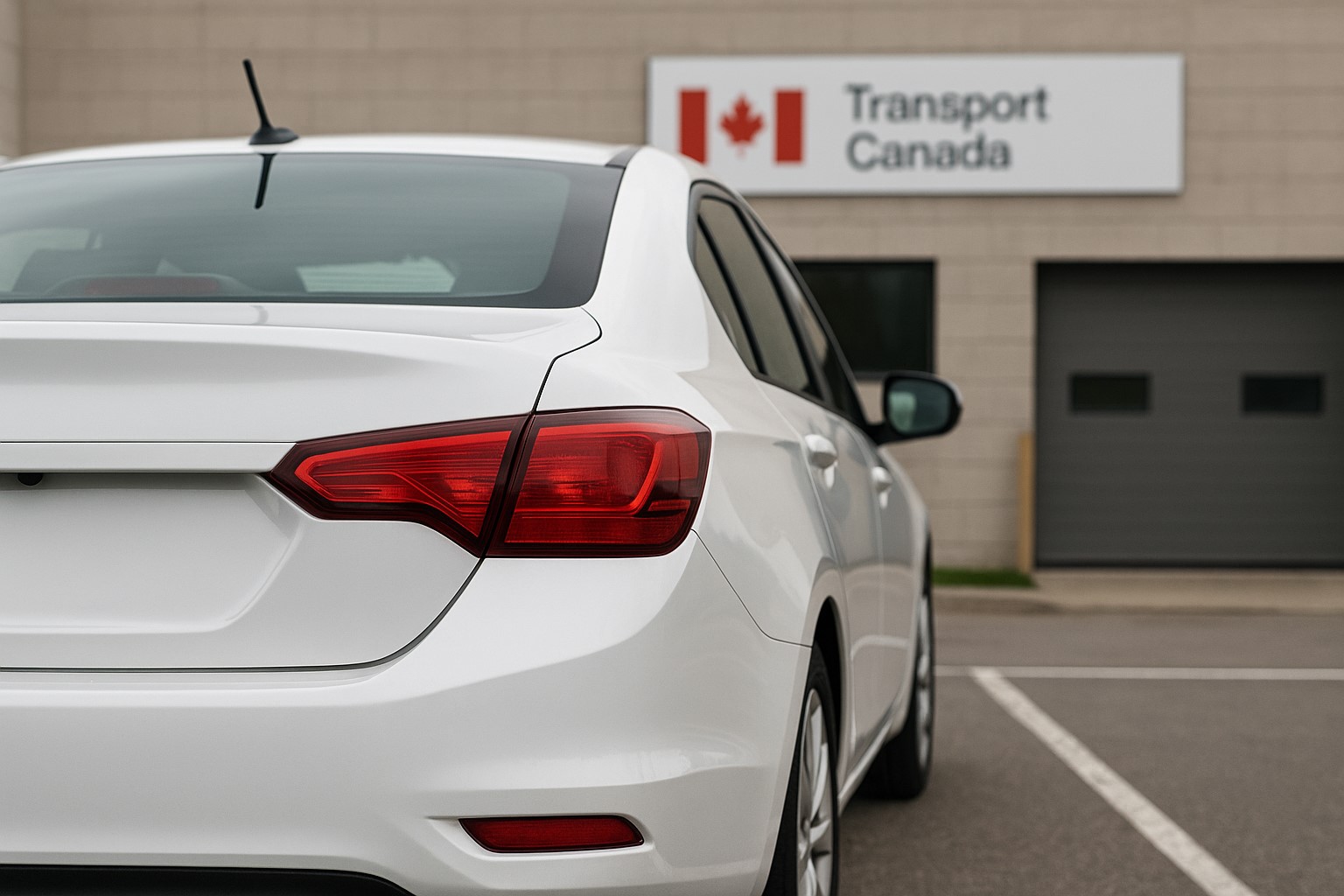What You Need To Know About Vehicle Recalls In Canada
Everyone wants to believe that their brand-new vehicle is safe, reliable, and built to last. But modern vehicles are incredibly complex machines, and with increasing standards for safety and emissions, recalls are more common than ever.
In this guide, we’ll explain what vehicle recalls are, how they happen, what to do if your vehicle is recalled, and how they may affect your warranty coverage.
What Is a Vehicle Recall?
According to Carfax:
What is a recall? To quote Carfax:
“When a vehicle model (or group of models) has a problem that impacts its safety, the manufacturer or federal government will issue a recall. This can be a specific year/make/model, or it could be several years/models within the manufacturer’s lineup.”
Recalls can be issued for a wide variety of issues, including:
- Airbags
- Braking systems
- Batteries (especially in EVs)
- Steering and suspension components
- Software and electrical faults
No manufacturer is immune: recalls affect all brands, from Ford and Toyota to BMW, Honda, Volkswagen, and beyond.
How Will I Know If My Vehicle Is Recalled?
If your vehicle is subject to a recall, the manufacturer is required to notify you by mail. However, mail can be delayed or missed, so it’s a good idea to check regularly on your own. You can:
- Visit the Transport Canada Recall Database
- Enter your VIN on the manufacturer’s website
- Ask your dealership during scheduled service
Make a habit of checking every few months, or whenever you take your car in for maintenance.
What Should I Do If My Vehicle Is Recalled?
- Follow Instructions: If the manufacturer contacts you, read their recall notice carefully.
- Contact Your Dealership: Even if you’ve heard about the recall elsewhere, your local dealership can confirm and advise on the next steps.
- Schedule the Repair: In nearly all cases, recall repairs are completed at no cost to you.
Tip: Don’t delay. Some recall issues, such as faulty airbags or braking systems, can affect your safety.
Are Recall Repairs Free?
Yes. When a manufacturer issues a recall, the repair is almost always provided free of charge, regardless of warranty status. In rare cases, if the issue can’t be fixed, the manufacturer may offer a refund or a replacement vehicle.
Will a Recall Affect My Extended Warranty?
Possibly. Here’s what you need to know:
- If the recall component fails and causes further damage, your extended warranty may not cover secondary repairs if you didn’t act on the recall.
- If the manufacturer’s recall covers the issue, the OEM is responsible for the cost, not your extended warranty provider.
- Failing to address a recall notice could jeopardize future claims.
Recommendation: Always address recall notices promptly to avoid any complications with your extended warranty coverage.
How Common Are Recalls in Canada?
Very. Tens of thousands of vehicles are recalled in Canada each year. With increasingly complex onboard systems, recalls are an expected part of owning a modern vehicle.
In 2023 alone, over 300 individual vehicle recall notices were issued affecting millions of vehicles.
Summary
Recalls are issued to protect you and your passengers. They’re not a sign that your car is poorly made—just that something needs to be corrected.
Key takeaways:
- Check for recalls regularly
- Take action right away if one is issued
- Don’t delay repair appointments
- Ensure it doesn’t affect your extended warranty
If you’re covered by an extended vehicle warranty, staying on top of recalls is part of ensuring you’re protected in the long run.

